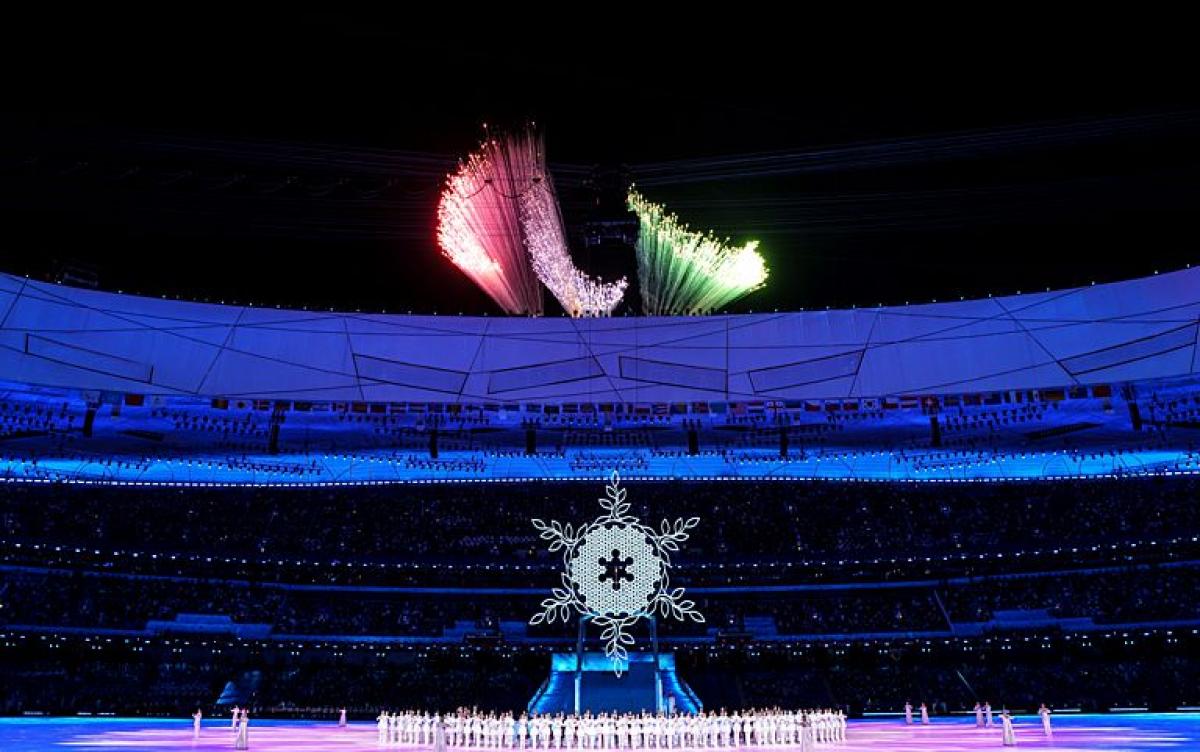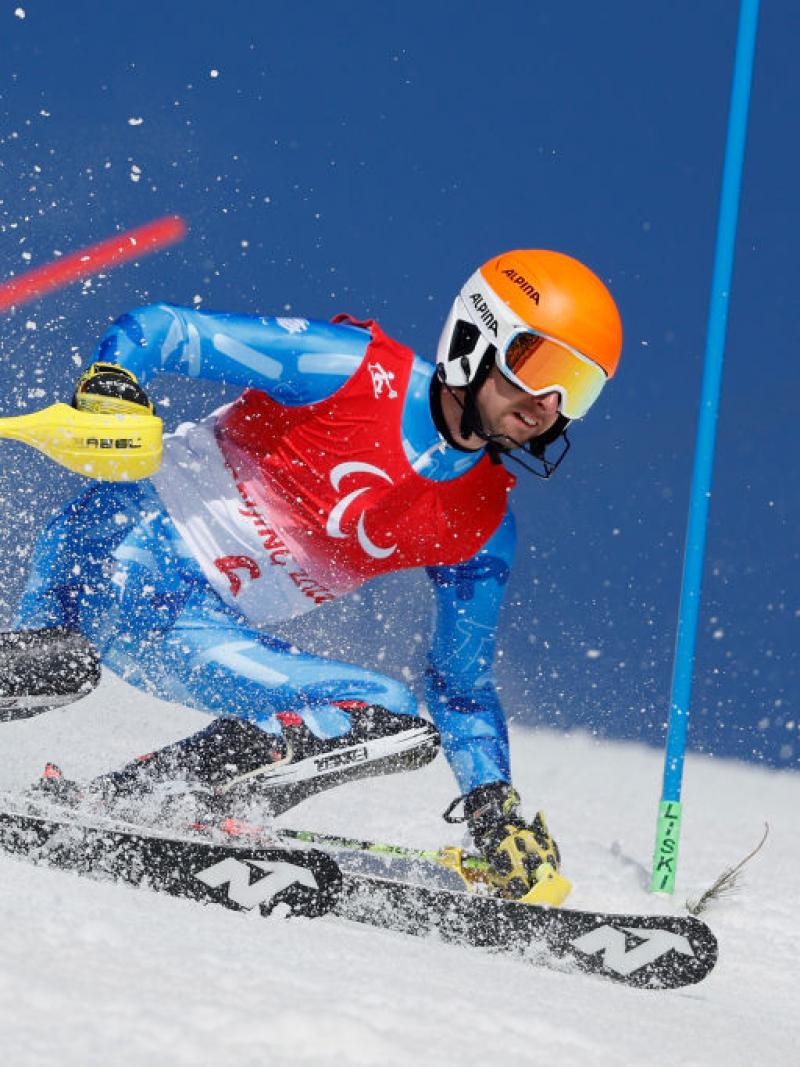2030 and 2034 Paralympic Winter Games hosts to be decided in July
The IOC Executive Board recommends French Alps 2030 and Salt Lake City-Utah 2034 to the IOC session for election as hosts of the Olympic and Paralympic Winter Games 13 Jun 2024
On Wednesday (12 June), the International Olympic Committee (IOC) Executive Board proposed to the IOC Session the election of the French Alps as the host of the Olympic and Paralympic Winter Games 2030 and Salt Lake City-Utah as the host of the Olympic and Paralympic Winter Games 2034. The decision will be taken by all IOC Members, including IPC President Andrew Parsons, at the 142nd IOC Session in Paris from 22 to 24 July 2024.
The Executive Board’s proposal followed recommendations by the Future Host Commission for the Olympic Winter Games, a group that includes former IPC Governing Board member and Paralympic Order recipient Rita van Driel.
In November, the Executive Board opened two Targeted Dialogues overseen by the Future Host Commission: one with the French Olympic and Paralympic Committees for the French Alps 2030, and the other with the United States Olympic and Paralympic Committee (USOPC) for Salt Lake City-Utah 2034. Since then, the IOC has analysed the strategic and technical aspects of both projects and consulted extensively with stakeholders, including the International Sports Federations (IFs), experts from across the IOC, and independent, third-party sources.
The projects are being assessed for different editions of the Games and therefore are not in competition with one another.
“These are two very exciting projects, and two very different projects, which clearly demonstrate that there is no one-size-fits-all model to host Olympic and Paralympic Games,” said Karl Stoss, Chair of the Future Host Commission for the Olympic Winter Games and IOC Member.
The main opportunities of the French Alps 2030 project are its:
1. Vision to unite the northern and southern Alpine regions of France under the global banner of the “French Alps”, to achieve long-lasting social, economic and environmental benefits for a wide geographical region; promoting sustainable year-round tourism and addressing future challenges, including climate change.
2. Alignment with existing socio-economic development plans and Olympic Agenda 2020 and Olympic Agenda 2020+5, the IOC’s roadmaps for the future, to deliver financially and environmentally sustainable Games, for example, by:
- adapting the Games to the host; making use of 93 per cent of existing or temporary venues in four clusters, shared between the two regions
- and reducing carbon emissions compared to previous Games.
3. Strong public and political support.
4. Proven ability to deliver high-level sports competitions, excellent venues and strong involvement of athletes in Games planning.
5. Legacy plans to make winter sports accessible to everyone, especially people with disabilities and young people.
6. Opportunities to capitalise on the knowledge and experience of France hosting Paris 2024 and extend some legacy and partner programmes to the winter context.
The main opportunities of the Salt Lake City-Utah 2034 project are its:
1. Vision to elevate local communities, winter sport and the Games experience: extending the transformative benefits of the Olympic and Paralympic Winter Games 2002 to a new generation; making the resources and experience of Utah available for the benefit of the Olympic and Paralympic Movement; and making the most of a unique compact Games concept.
2. Alignment with Olympic Agenda 2020 and 2020+5 and regional socio-economic development plans, in particular around sustainability and creating long-term benefits for the region and potentially the country, for example by:
- adapting the Games to a city and region that have experienced huge societal changes, as the youngest state in the US, with one of the fastest-growing economies; while hosting competitions in 100 per cent existing or temporary venues
- and expanding existing sports and social programmes for young people and athletes.
3. Very strong public and political support.
4. Proven ability to deliver high-level sports competitions, and commitment to put the experience of athletes and their families at the core, in outstanding and state-of-the-art venues from 2002, maintained to very high standards and all within an hour of the Olympic Village.
5. Strong engagement with the Paralympic Games with an expansion of existing adaptive practices and Para competition facilities.
6. Comprehensive and balanced budget, based on 100 per cent privately-funded revenues and with a significant contingency.
The report and recommendation of the Future Host Commission will, in accordance with the Olympic Charter [Rule 33], be submitted to IOC Members no later than one month before the opening date of the Session.
The next step in the process will be a virtual in-camera briefing to IOC Members on 26 June. If all requirements are met by the Preferred Hosts, the IOC Session is scheduled to vote on the IOC EB proposals on 24 July.








